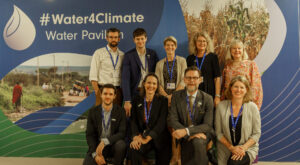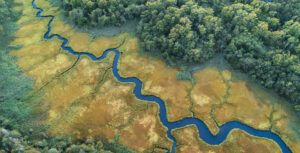- SIWI – Leading expert in water governance
- /
- Latest
- /
- Checklist for water-wise governments
Checklist for water-wise governments
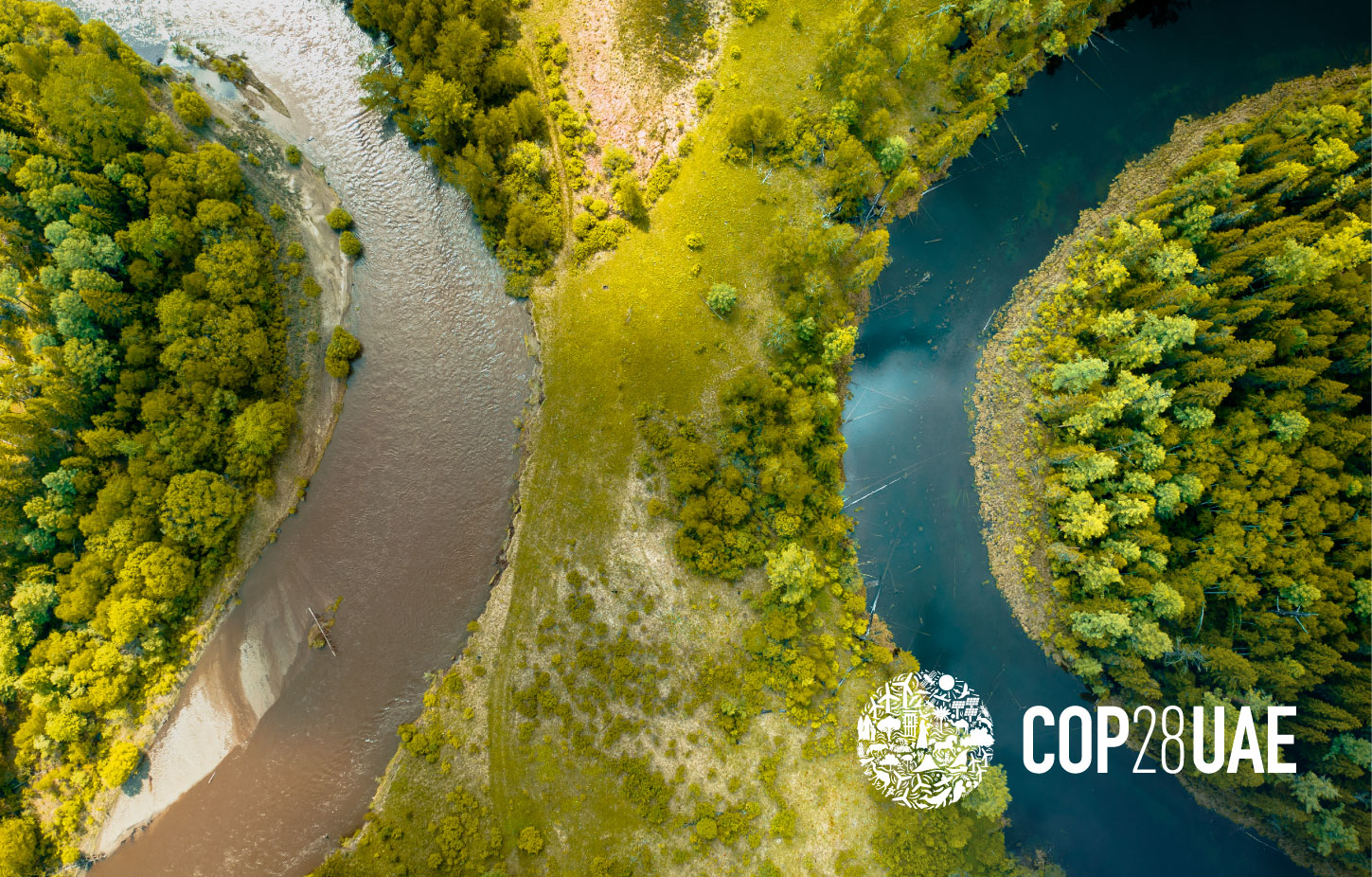
At COP28 in Dubai, decision-makers from all over the world and on all levels, gather to find ways to tackle climate change. This is a daunting challenge and overcoming it will require strong commitments and swift action. It will also require that water is at the heart of all efforts. This is how it can be done.
Research suggests that climate action that does not take water into consideration will ultimately be futile, because without reliable access to freshwater, the transformations needed to reach net zero will not be possible. To do this, we need a holistic approach to how we manage our water resources. The good news is that such holistic approaches offer multi-solutions, simultaneously addressing sustainable development, disaster risk reduction, environmental protection, and biodiversity targets.
So, what does this mean in practice?
How can governments seize the opportunities with water-related solutions? SIWI is committed to support this ambition, and so here is a checklist for decision-makers aspiring to achieve impactful climate action through water:
- Re-evaluate and adjust, within the scope of the Global Stocktake exercise, your Nationally Determined Contributions (NDCs), national adaptation plans, long-term strategies, vulnerability assessments and monitoring and evaluation systems through a water-wise lens. This includes accounting for present and future freshwater availability and impacts in climate mitigation planning and action, in addition to necessary adaptation measures.
- Include within your NDCs the principles of good and resilient water governance and cooperation over shared resources. This is necessary for achieving water and climate security in all its various social, economic, political, and environmental dimensions.
- Bridge institutional silos and harmonize policies and planning within countries to ensure holistic management approaches and their implementation from source to sea. This will simultaneously address climate, development, disaster risk reduction, environmental protection, and biodiversity challenges within the logic of a circular economy.
- Improve the availability and accessibility of information and knowledge, including Indigenous People’s knowledge, about climate impacts on specific water systems for improved decision making.
- Implement processes to ensure that investments in the protection, conservation, and restoration of water systems and water-related ecosystems, result in just climate resilience, in line with the outcomes of UNFCCC COP27 and its cover decision, the Sharm el-Sheikh Implementation Plan.
- Improve the coordination of national and local policies and SMART targets and sub-targets that simultaneously address current and emerging cross-sectoral challenges that impact land, freshwater, coastal, and marine ecosystems, at multiple levels, including in transboundary contexts.
- Recognise that many national commitments are implemented through local institutions and community efforts and that these should be accounted for and incorporated within national processes.
- Ensure that sufficient human and financial means are available for the operationalization of such policies on the ground, and that local level institutions and communities are empowered and capacitated to pursue the necessary water action that increases climate resilience through the protection, sustainable management and restoration of natural resources.
- Secure and safeguard the inclusion in water decisions of women, youth, and underrepresented populations, who are more vulnerable to climate change and disasters and are severely disadvantaged in relation to land and water tenure, finance, information and communications technologies, and education.
- Ensure climate-resilient water, sanitation, and hygiene services to provide safe, inclusive and dignified access for all.
- Support platforms that drive collective action and establish partnerships as appropriate, with support and expertise drawn from non-state actor networks.
- Recognize that sound water resources management and service provision are pre-requisites for the achievement of all global frameworks and initiatives and invest in them accordingly.
COP28 will be a success only if words translate into concrete actions. SIWI is actively taking part in the conference, through the Water for Climate Pavilion and other spaces, to raise awareness and demand investments, commitments and concrete plans that centre water solutions for impactful climate action.
Follow SIWI to COP28
Join SIWI in a range of events, onsite and online, as we highlight water’s role in effectively addressing climate change. We are also the leading organizer of the Water for Climate Pavilion, where much of the water-related events will take place.
More about SIWI at COP28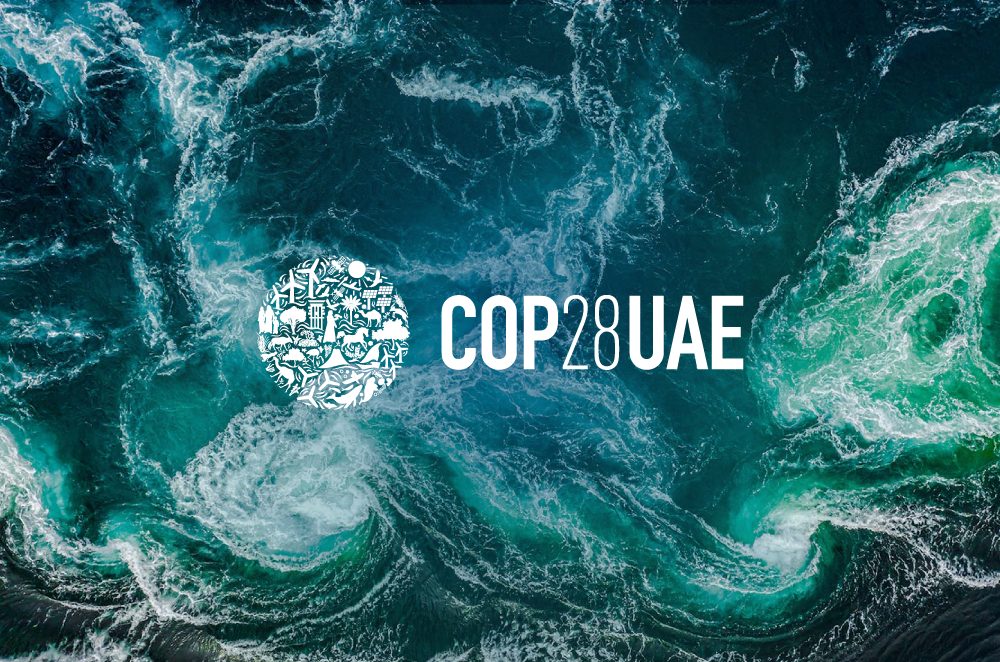
Related resources

The essential drop to Net-Zero: Unpacking freshwater’s role in climate change mitigation
- Water and climate
- Water governance
- Freshwater and ecosystems/biodiversity
- Water and energy
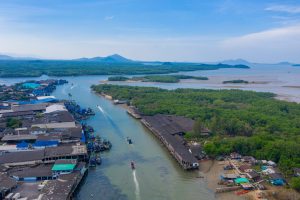
Accountability for source-to-sea action to prevent plastic pollution
- Source-to-Sea
- Water governance
Most recent

SIWI’s endorsement of the COP29 Declaration on Water for Climate Action
- Water and climate
- World Water Week
- Water governance

SIWI-WASH experts join IVL
- Water, Sanitation and Hygiene (WASH)
- Water governance

Water for Climate in Baku

Join us on a journey through 2023

The world can’t afford a water dry Summit of the Future
